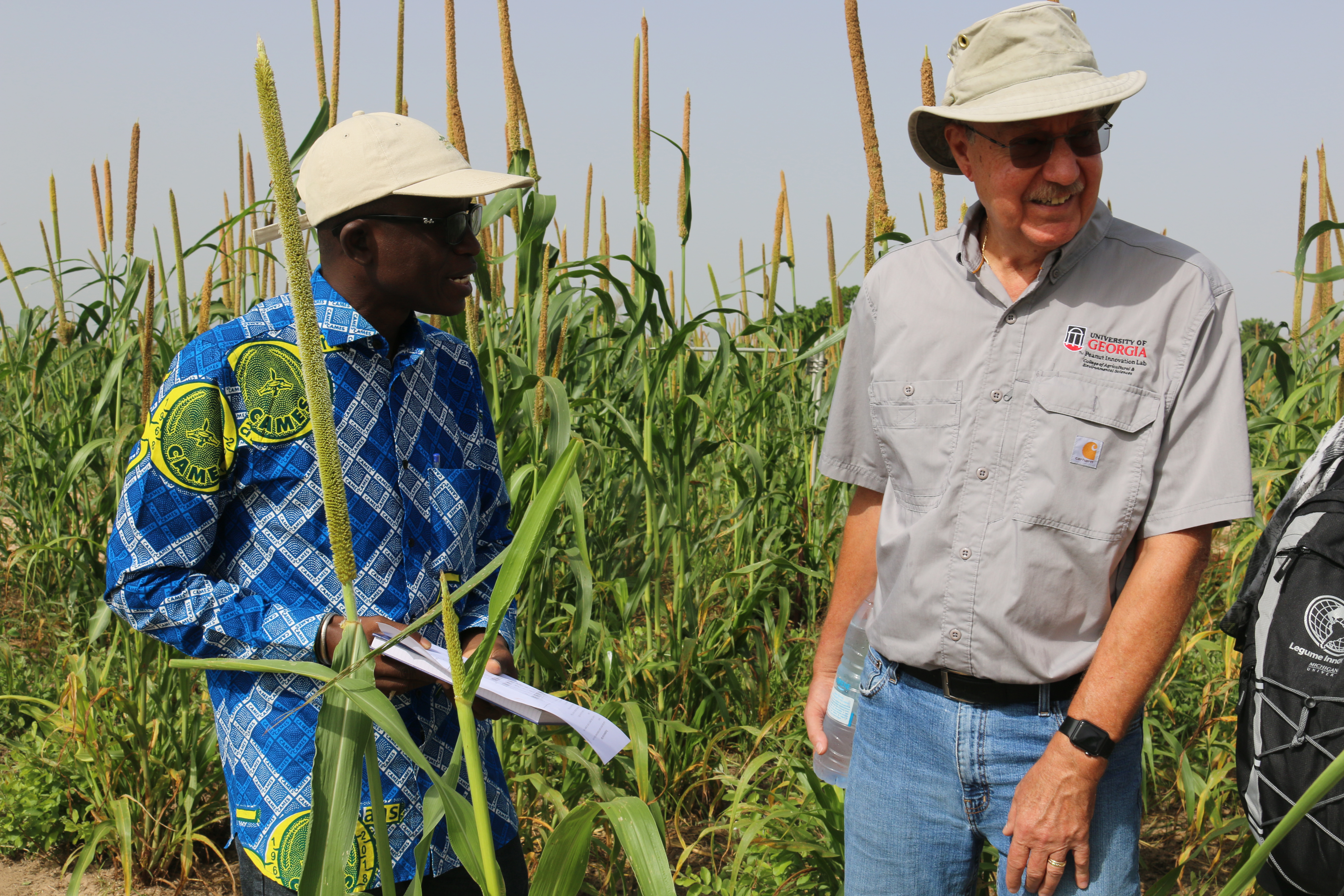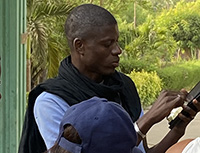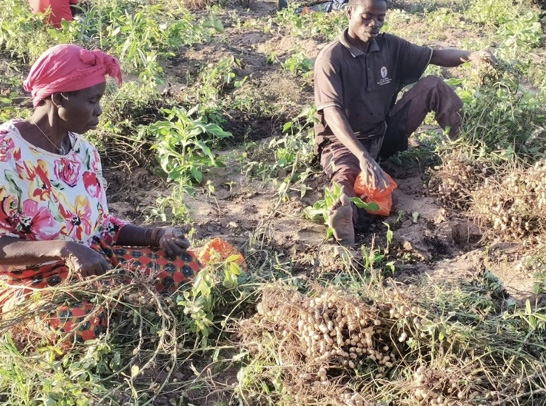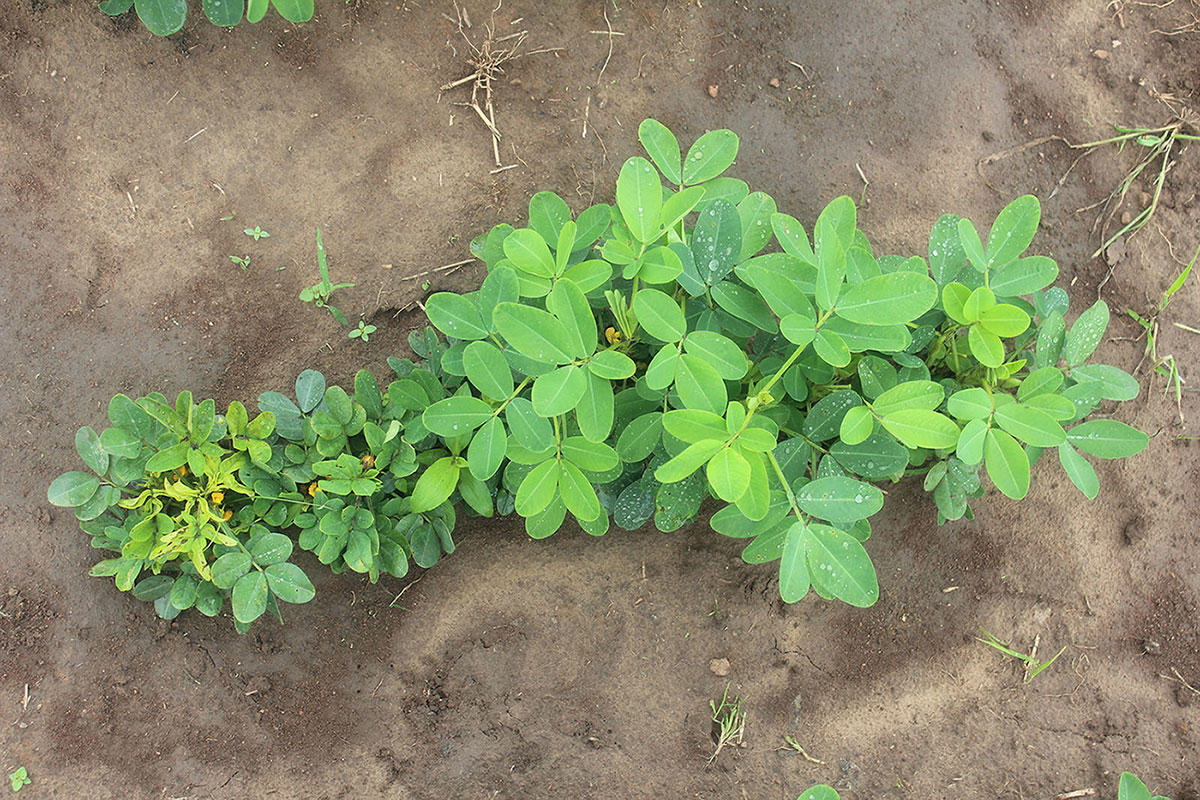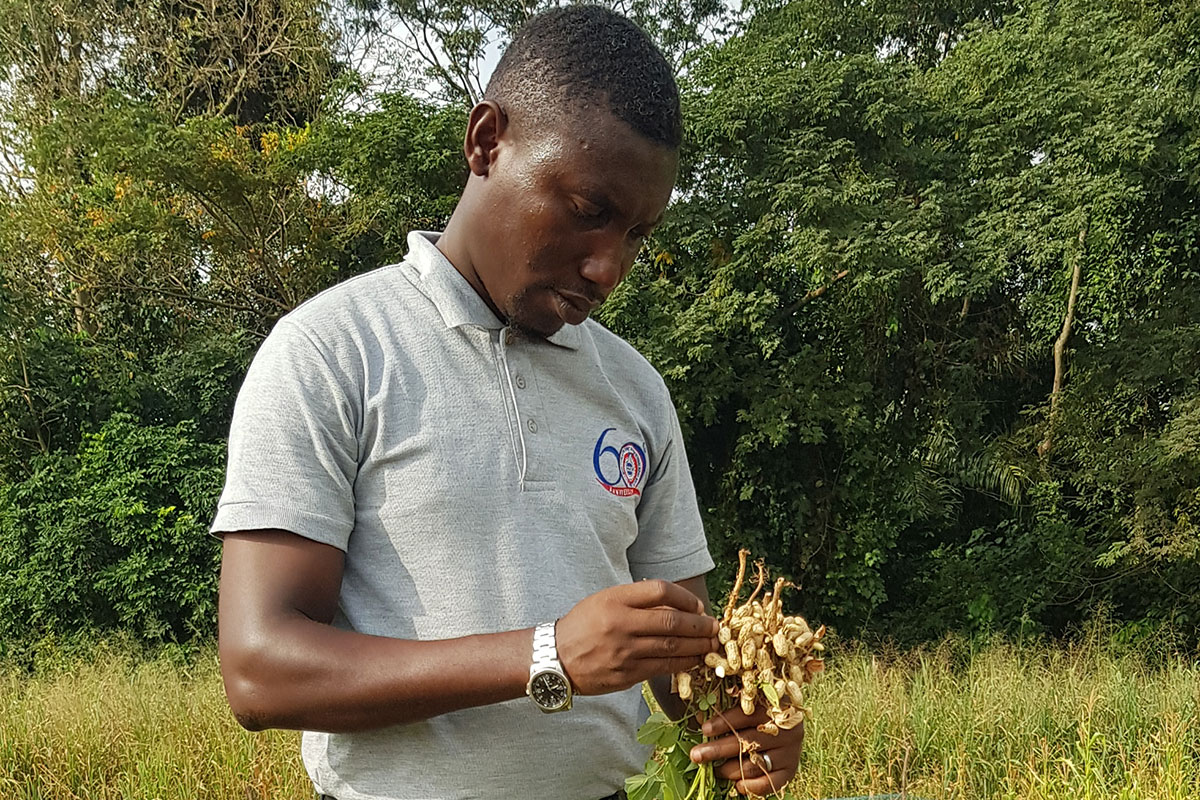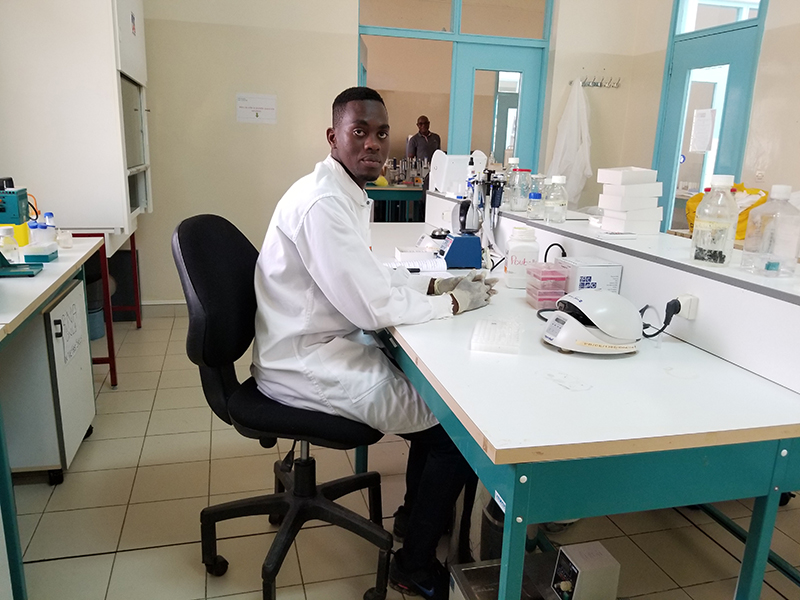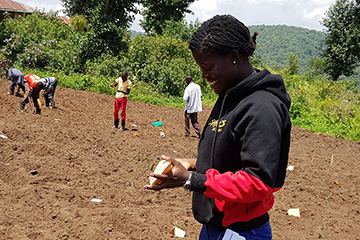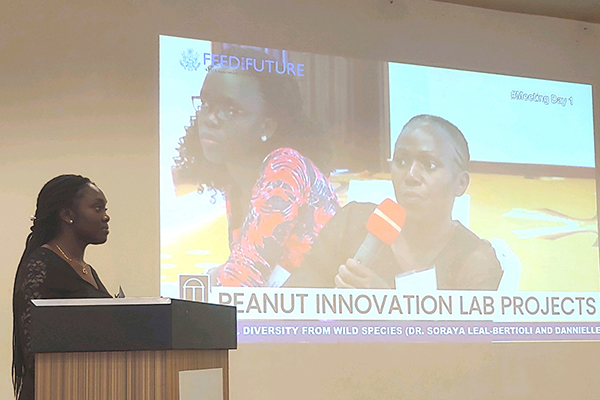 CAES News
CAES News
Student capacity building
Early career success is about more than just gaining expertise in a field. A working professional has to make decisions about where to work, how to balance professional and private time and when to invest in more education. That’s why the Feed the Future Innovation Lab for Peanut works to connect graduate students with mentors and to foster useful conversations that help a scholar navigate the working world.

